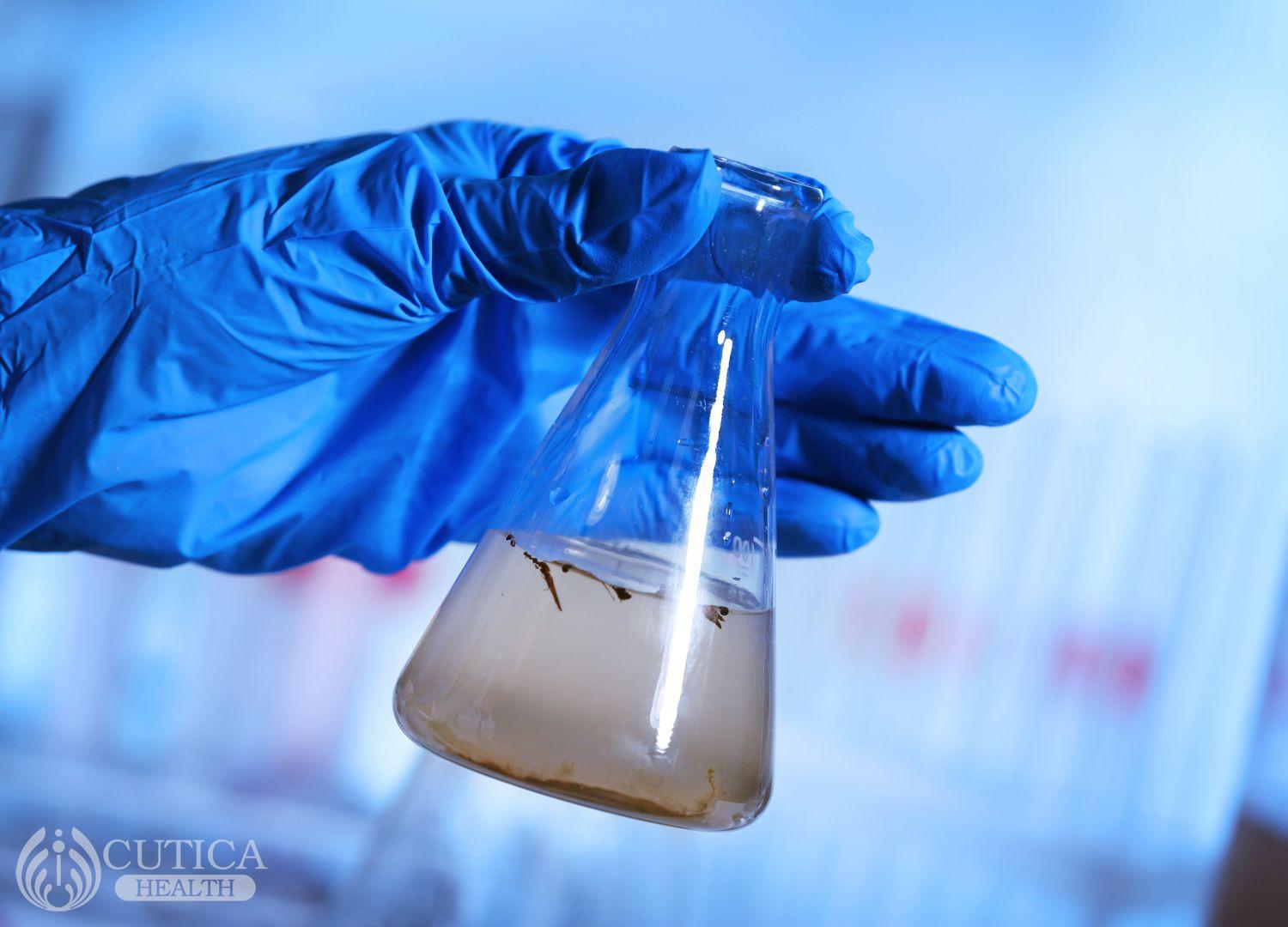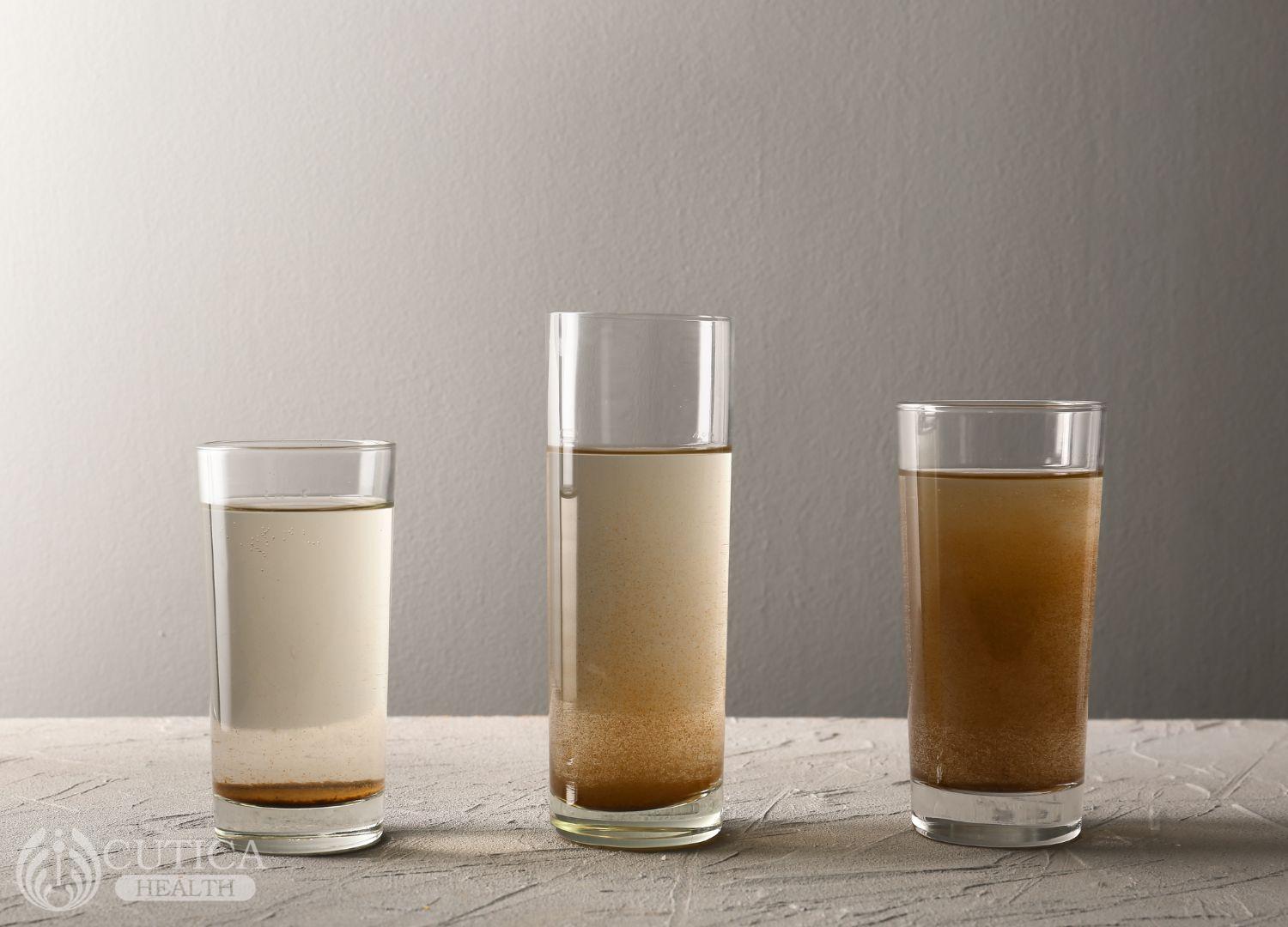Ola was feeling unwell. She had been experiencing stomach cramps, nausea, and diarrhea for the past few days. She had been drinking water from the nearby river, as she could not access clean water. Ola had contracted a water-borne disease, and her health was deteriorating. She needed medical attention.
What are water-borne diseases?
Water-borne diseases are caused by consuming contaminated water. These diseases are caused by bugs like bacteria, viruses, and protozoa, which can be present in water sources such as lakes, rivers, streams, and groundwater.
Contamination of Water
Water can get contaminated in several ways, such as:
- Industrial activities that release chemicals and pollutants into water sources.
- Animal and human fecal matter that gets washed into water sources.
- Improper disposal of garbage and waste, which can seep into groundwater sources.
- Improper treatment of sewage, which can pollute water sources.
- Poorly maintained water distribution systems, which can allow bacteria to grow.

Common Water-borne Diseases
Several water-borne diseases are prevalent in many parts of the world. Some of the most common ones include:
- Cholera: This bacterial infection can cause severe diarrhea and dehydration. It can be fatal if not treated promptly.
- Typhoid: This bacterial infection can cause high fever, diarrhea, and abdominal pain. It can also be fatal if left untreated.
- Hepatitis A: This is a viral infection that causes inflammation of the liver. It can be transmitted through contaminated water or food.
- Dysentery: This bacterial infection can cause severe diarrhea, abdominal pain, and fever.
Preventing Water-borne Diseases
Preventing water-borne diseases is essential for maintaining good health. Here are some ways to avoid water-borne diseases:
- Use clean water sources: Use water from a clean and safe source, such as a municipal water supply, bottled water, or water that has been treated and purified.
- Boil water: Boil water for at least one minute before consuming it, especially if you are unsure of its safety.
- Use water filters: Use water filters or other water treatment methods to remove contaminants from water.
- Practice good hygiene: Wash your hands regularly, especially before handling food or eating and after using the restroom.
- Properly dispose of waste: Dispose of waste and garbage properly, and do not allow it to contaminate water sources.
- Maintain water systems: Regularly maintain water systems, such as wells and water tanks, to prevent the growth of bacteria.
- Traveling measures: It's also crucial to be mindful of the water quality when traveling to areas with poor sanitation or limited access to clean water. In such places, only drink bottled or boiled water and avoid ice cubes made from tap water.

Conclusion
Water-borne diseases can severely affect your health. Therefore, it is essential to take preventive measures to avoid contracting these diseases.
Always use clean water sources, boil water when necessary, practice good hygiene, and dispose of waste properly. By taking these steps, you can reduce your risk of water-borne diseases and stay healthy.
In addition to the preventive measures mentioned above, it's also important to be aware of the signs and symptoms of water-borne diseases. If you experience symptoms like stomach cramps, diarrhea, vomiting, or fever after consuming water from a questionable source, seek medical attention.


